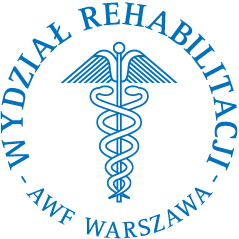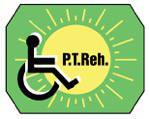


|
Current issue
Archive
Manuscripts accepted
About the journal
Editorial board
Reviewers
Abstracting and indexing
Contact
Instructions for authors
Publication charge
Ethical standards and procedures
Editorial System
Submit your Manuscript
|
1/2019
vol. 33 abstract:
Original paper
The evaluation of the effectiveness of the Functional Movement System concept in improving physical performance and reducing the pain of the Flying Personnel of the Polish Armed Forces
Aleksandra Stanek
1
,
Arkadiusz Berwecki
2
,
Aneta Bac
3
,
Tomasz Ridan
2
Advances in Rehabilitation/Postępy Rehabilitacji (1), 35–42, 2019
Online publish date: 2019/04/11
View
full text
Get citation
ENW EndNote
BIB JabRef, Mendeley
RIS Papers, Reference Manager, RefWorks, Zotero
AMA
APA
Chicago
Harvard
MLA
Vancouver
Introduction
Physical performance is considered to be one of the factors which determine the quality of the services provided by the Flying Personnel as their job requires a strong psycho-physical effort. The aim of the study was to evaluate the application of the Functional Movement System concept in improving physical performance and reducing pain. Material and methods The research was carried out on a group of 120 randomly selected representatives of the Flying Personnel of the Polish Armed Forces aged 25 to 52. They were divided into 2 groups: a study group (60 persons) and a control group (60 persons). The research was based on the FMS concept and it was carried out at the beginning and at the end of the 3-weeks-long training camp at the Military Training and Conditioning Center in Zakopane. In addition to the standard training program, the study group performed some extra physical exercises based on the FMS concept. Results The results showed a statistically significant difference between the first and the second test only in the study group. The result increased by an average of 2 points. The pain decreased significantly only in the study group. The confidence interval for the mean number of points in the second measurement was P (15.5 < m < 16.5) = 0.95 and P (14.5 < m < 15.5) = 0.95 in the control group. Conclusions An additional functional training including the elements of the FMS concept, which was provided to the study group, improved functional skills and reduced pain. keywords:
children, posture, postrotary nystagmus, vestibular input |
    |